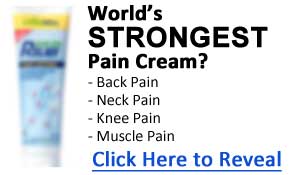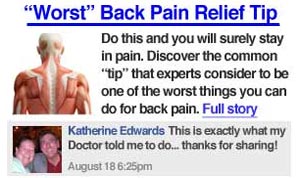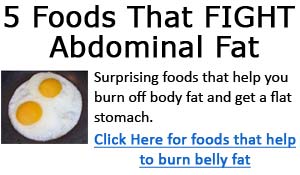Diet FitnessDiet Fitness and Bodybuilding Nutrition (High Carb vs. High Fat Diets)In Bodybuilding, diet fitness is just as important as the workout itself. Your fitness diet provides you with all the necessary nutrition to repair and grow - your diet fitness should never be overlooked. There are many types of fitness diets, bodybuilding nutrition programs, and many schools of thoughts on this matter. High carb diets and High fat diets are popular topics. Which fitness diet method is better? Which should you use? |
The crux of this matter lies in the fundamental differences of these two very different diet fitness approaches - as the names suggest, high carb diets consist mainly of carbohydrates, and high fat diets consist of mainly 'fat'. High-carbohydrate diets are used to maximize muscle and liver glycogen stores. Glycogen is a complex glucose that supplies large amounts of energy to anaerobic exercises. It is common knowledge that fat is the most fattening source of calories. Gram for gram, it contains 2.5 times as many calories as carbs and proteins. Studies show that a gram of carbohydrate requires the body to spend 24 calories to metabolize, whereas fat requires only 3 calories. So which type of diet fitness should you follow? You can either follow a high carb, low fat fitness diet, or a high fat, low carb diet. Obviously you can't follow both types of fitness diets, or you'd end up with, well, alot of bodyfat. A key point to note between these two types of fitness diets is the energy dominance effect of food intake. This means that regardless which type of nutrition program you follow, your body may adapt to using whatever source of energy you provide it. This takes some time of course. Our bodies burn sugar more efficiently with high carb diets, and the body may become a major fat burner on a high fat, low carb diet program. When switching from one nutrition program to another, studies show an initial energy lag while the animal's metabolism shifts from a carbohydrate energy source to a fat energy source. When switching from a high carb, low fat fitness diet, enzymatic changes occur. Enzymes which burn fat become increasingly active with decrease in carbohydrates, and the body increases the storage of fat for added energy source. This explains why animals deprived of carbs show no decreased endurance performing high intensity exercises. Studies show that since high-fat rats have fat as an additional sources of energy, while high carb rats are limited to their carbohydrate stores, rats on a fat diet showed greater endurance than rats on a carbohydrate diet. So whether you decide to follow the high carb, low fat fitness diet, or the high fat, low carb diet program, your body may adapt to perform optimally with either type of bodybuilding nutrition program. For a well-rounded nutrition, you should look into meal replacements for extra nutrition and proteins. Click here to read our 3 part meal replacement reviews on Myoplex, Isopure, and Leanbody. >> Click here to purchase Meal Replacements on-line and save! |
| Reference: Zaloga, G. Nutrition in Critical Care, Mosby pbl. 1994 |



